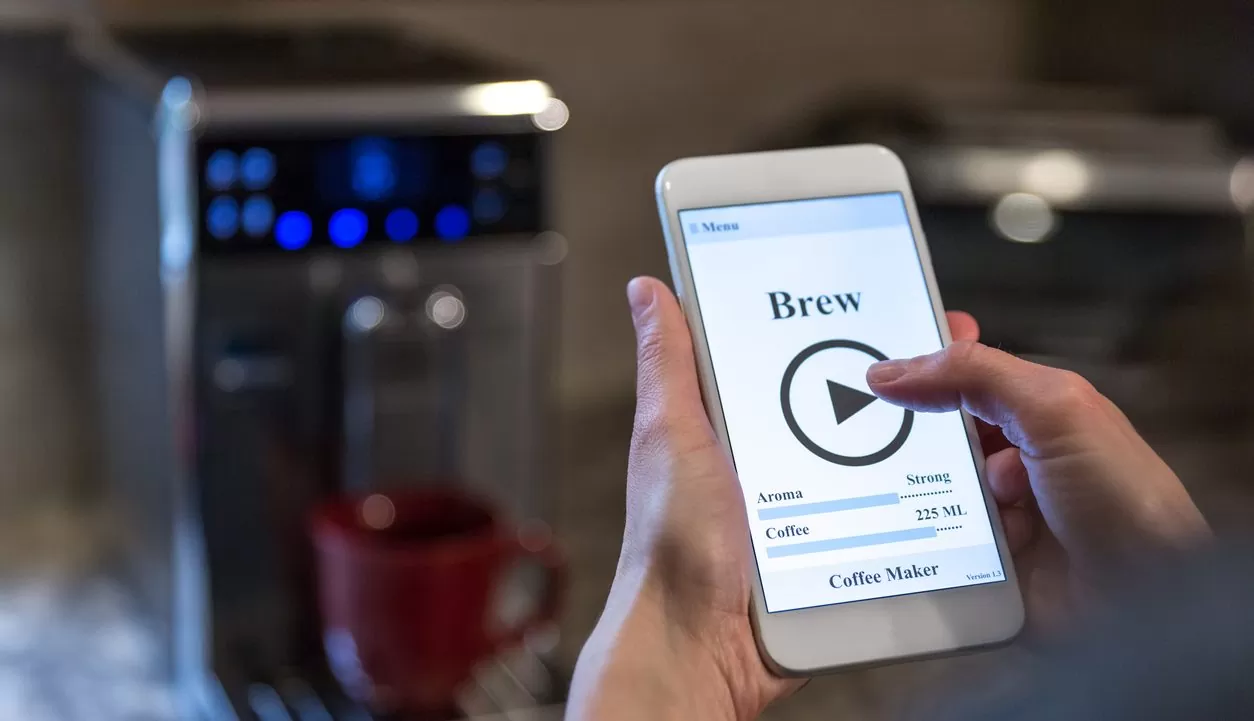The smart trend, that started with phones and made steady progress, now permeates every area of our lives. Our homes are now full of smart appliances, or at least they could be if that was something you wanted to pursue.
However, if you’re reading this article, we’re guessing that you’re not quite sold on the benefits of smart appliances yet, which is perfectly fine. We’re going to be covering exactly what a smart appliance is, as well as the pros and cons of smart appliances in relation to their regular equivalents. Let’s get going!

What are smart appliances?
Smart appliances lets the user connect, control and monitor their devices, helping to save time, energy and money, also allowing for automatic or remote control functionality based on user preferences. Smart appliances can also be linked up with other similar devices around the house for a holistic experience.
The pros of smart appliances
- They can save you money: Some smart appliances can calculate energy rates and schedule high-energy activities at optimal times during the day, meaning you save on electricity.
- They make life easier: One of the key benefits of smart appliances is that they can provide you with useful reminders and notifications to make your life that bit easier. Smart washing machines, for example, can tell you how long a load has left, when it’s finished and when you need to restock on detergent!
- They look great in your kitchen: One of the undeniable benefits of smart appliances is that they often look fantastic. Their sleek designs and digital displays make you feel as though you’re in a kitchen of the future.
The cons of smart appliances
- They cost more: There’s no getting around it – smart appliances can set you back quite a lot of money. So, before you buy one, make absolutely sure that you will get value out of the extra features that they offer.
- They could pose data/privacy risks: It’s not always clear whether smart home appliances are using internet security protocols that you can rely on, meaning that you could be vulnerable to hackers. While the data stored on your smart appliance might not be overly valuable to hackers, it’s still worth considering before you purchase.
- They rely heavily on your internet: It’s not likely that smart appliances will chew up all of your bandwidth, but if you don’t have the most reliable internet connection, particularly in the room where your appliance will sit, then it might just not be worth it.

The benefits of traditional appliances
- They are cheaper: When you strip away all of the additional smart features, you’re left with a product that costs significantly less. So if saving money is your primary goal, then you will want to stick to a regular appliance.
- They are more straightforward to use: Some people aren’t interested in extra bells and whistles, they just want a simple, easy-to-use appliance that functions as you’d expect it to. This is exactly what regular appliances do, so if this is you, then this is what you need!
- They don’t rely on firmware updates: Another key benefit of regular appliances is that they don’t rely on continual support from the manufacturer in order to do what they’re supposed to do and link up with other appliances around your home. While a lack of support shouldn’t necessarily be an issue for smart appliances, it’s at least something you won’t have to worry about if you choose to avoid the smart route.
The cons of traditional appliances
- They might not be the best quality: While this isn’t the case for all regular appliances, some will be using cheap parts in order to hit that low price tag, meaning that they might not necessarily last all that long.
- What you see is what you get: Some might construe this as a benefit, but the reality for many is that once you’ve experienced the features of a smart appliance, you might well struggle to go back to something so basic. Smart appliance features are there to improve the quality of your day-to-day life after all!
- They don’t always look the best: While smart appliances can look really, well, smart – regular appliances can often look a little underwhelming by comparison. This isn’t always the case of course, but as a rule the products will be less exciting aesthetically.
The verdict on smart vs traditional appliances
The verdict is simple: if you think that you will benefit from the additional features of a smart appliance, are willing to invest some time into using them and have the cash to spare, go for a smart appliance; if you want a basic, easy-to-use appliance that won’t burn a hole in your pocket, choose a regular appliance.


